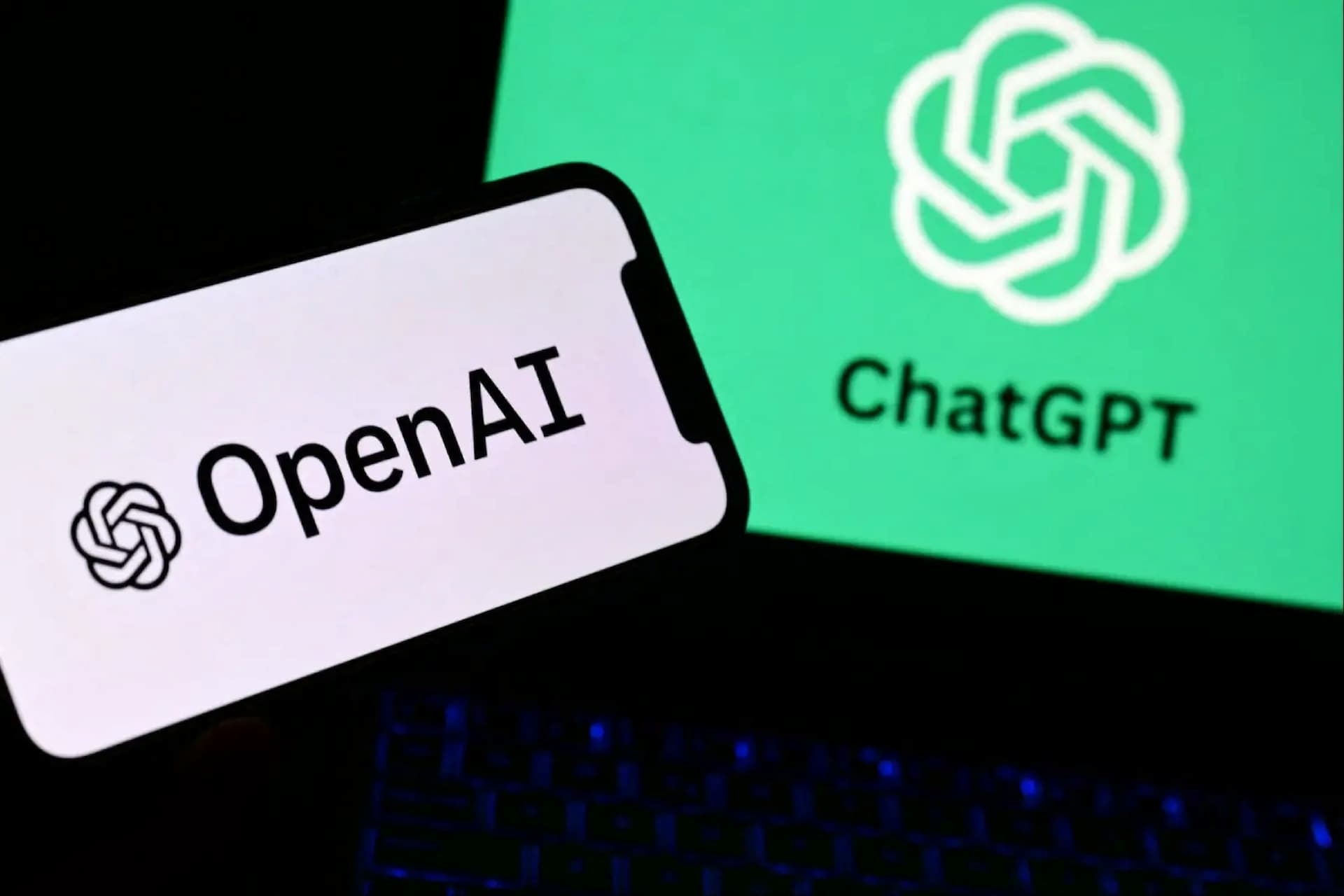Joining the broader trend, Denmark plans to ban children under 15 from using social media as Prime Minister Mette Frederiksen announced during her address to parliament on Tuesday.
Describing platforms as having ‘stolen our children’s childhood’, she said the government must act to protect young people from the growing harms of digital dependency.
Frederiksen urged lawmakers to ‘tighten the law’ to ensure greater child safety online, adding that parents could still grant consent for children aged 13 and above to have social media accounts.
Although the proposal is not yet part of the government’s legislative agenda, it builds on a 2024 citizen initiative that called for banning platforms such as TikTok, Snapchat and Instagram.
The prime minister’s comments reflect Denmark’s broader push within the EU to require age verification systems for online platforms.
Her statement follows a broader debate across Europe over children’s digital well-being and the responsibilities of tech companies in verifying user age and safeguarding minors.
Would you like to learn more about AI, tech and digital diplomacy? If so, ask our Diplo chatbot!










